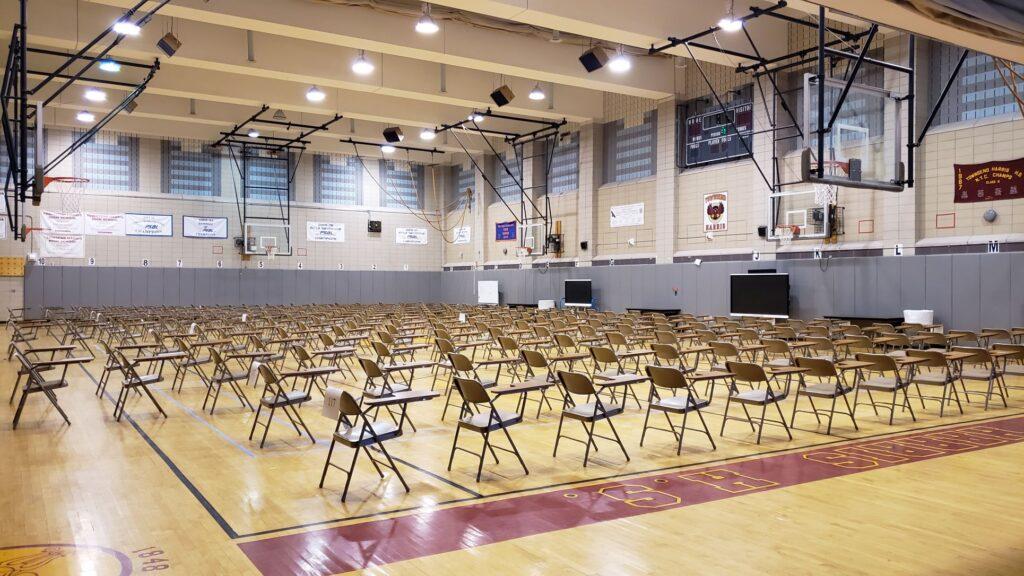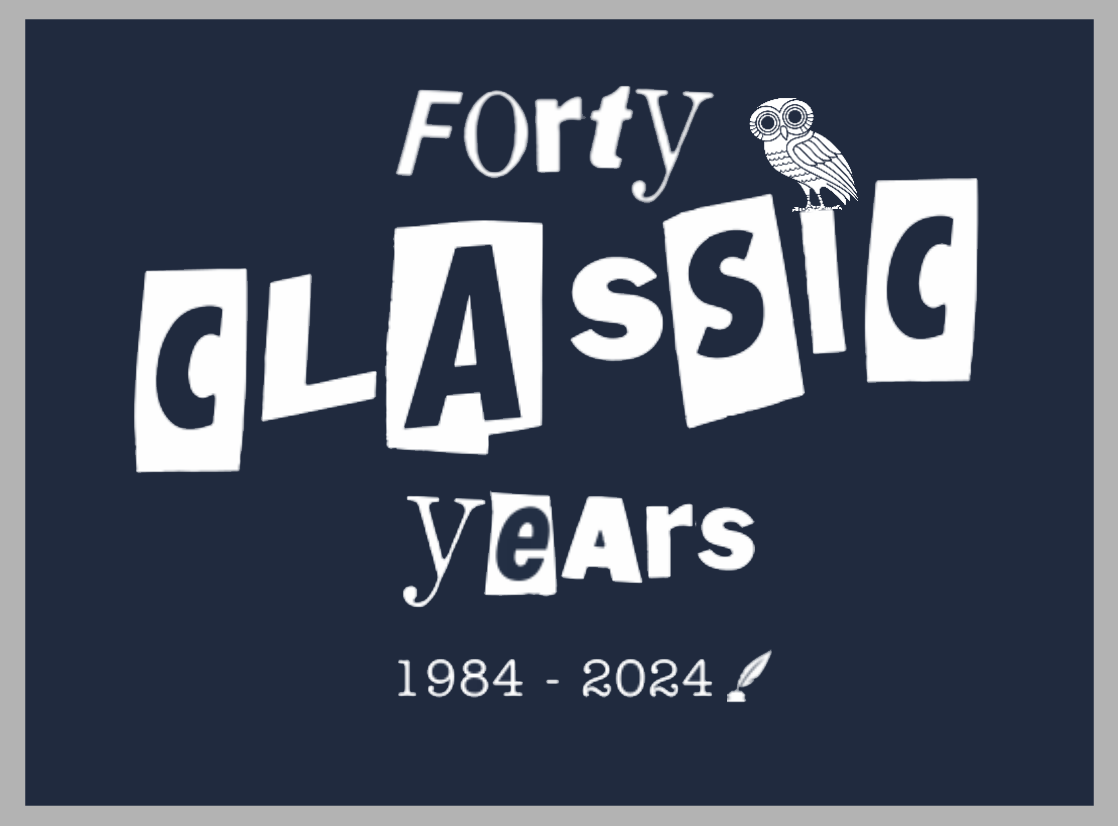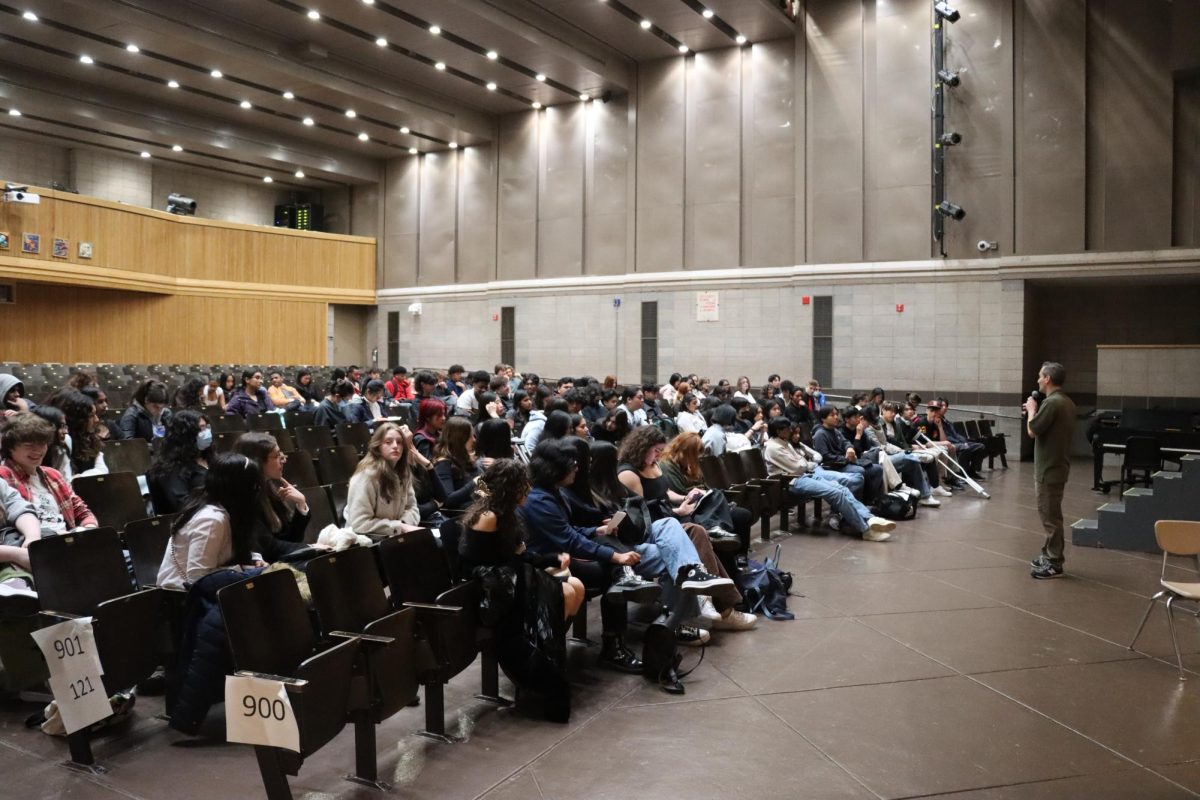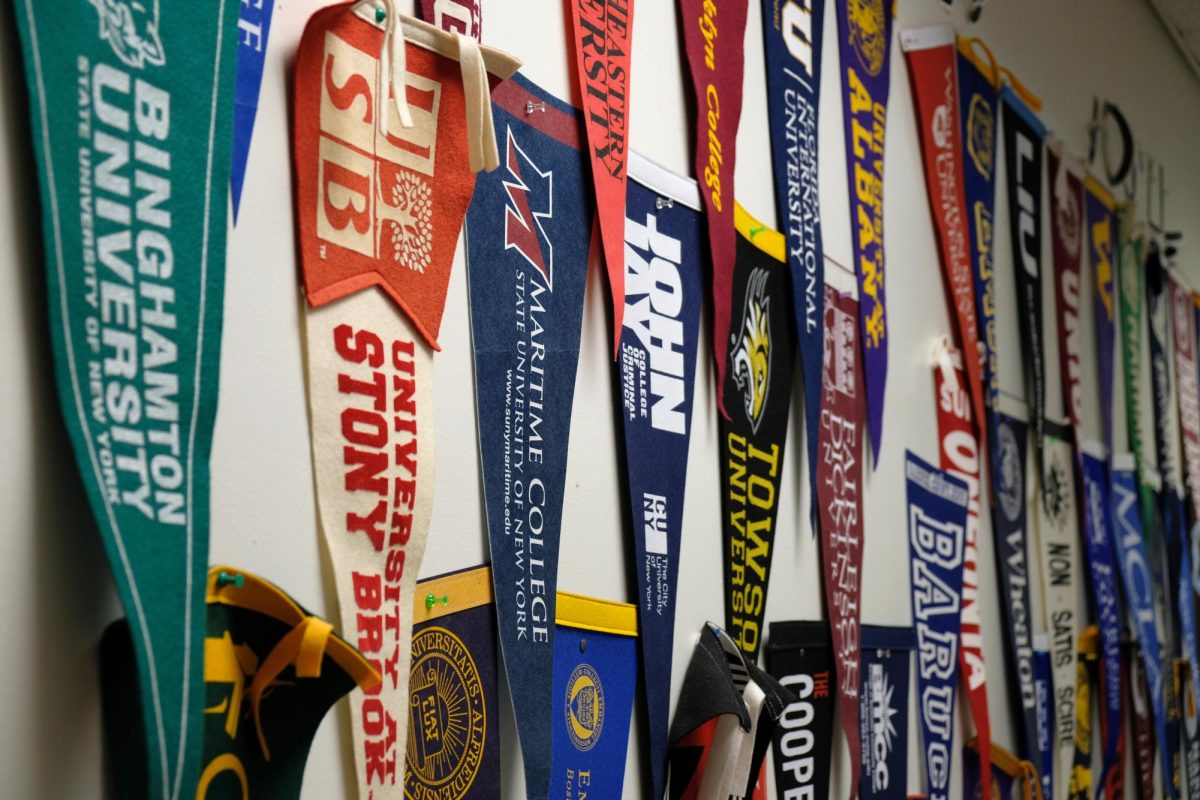
It’s official. Townsend Harris students will no longer receive letter grades for the first marking period. Students will instead receive numerical grades for all three marking periods starting with the 2013 spring term.
Ellen Fee, Assistant Principal of Organization and Physical Education, explained the rationale for the new policy.
“The reason for letter grades is that 10 to 20 years ago, it occasionally took about a month to equalize class size. To equalize means to make sure each class has a proper amount of students. In other schools you could still have program changes in October. So, letter grades were given because a teacher might have seen a student for just 2 weeks. At Townsend Harris, for the last five years, after the first five days, we have had no program changes.”
The administration believes that this stability in class rosters early on makes it possible for teachers to provide more specific numerical grades for every student by the end of the marking period.
“In other schools I’ve worked at, students received program changes three weeks in so teachers only had two weeks to give grades. Now that most schedules are annualized, there’s no longer such a long organization period. We try to minimize changing teachers,” said Principal Anthony Barbetta.
The administration believes this decision will motivate students to evaluate their performance with more accuracy and make plans for improvement earlier on in the term.
Ms. Fee said, “Letter grades are so general. It prevents students from knowing how they’re doing. Numbers give you a better snapshot. Sometimes you feel like you’re doing great, but feelings can be deceiving, and a numerical grade is the best way to know your performance. As a math teacher, I gave frequent assessments, and they’re always numerical, so it’s easy to give a snapshot to the students. It might be difficult for the teachers, but it’s best for students.”
Math teacher Timothy Connor doesn’t think the change will make much of a difference. “It is what it is. It gives a sort of real letter as opposed to a vague letter.”
Social Studies teacher Adam Stonehill said, “I think the number grade can be deceiving because instead of giving the students a range, it gives a number that will most likely greatly fluctuate.”
Fellow Social Studies teacher, Aliza Sherman, said, “I always have numbers for my students, but AP World is a course that gets harder as the semester progresses. A student might get a 97 for the first marking period, and then get a 92 for the second one. That’s just because the course is getting harder. I don’t want students to think that they are doing worse, nor do I want the parents to get a similarly wrong impression.”
Veronica York, Assistant Principal of Pupil Personnel Services, said “Numbers are definitive. So, at that point your grade is accurate. If you get a grade on a test, at that moment, that is your grade. March 1st is the end of first marking period. Report card grades go out the 12th. You’ll have a numerical grade to know how well you’re doing. You’ve been in school in a month. If we wait any longer, we will have to wait until May! Wouldn’t a student want to know more than an S or an E before May? It’s easier to fix yourself 5 weeks in than 3 months in.”
In response to questions about whether or not numerical grades will stress students out, Ms. York replied, “A number is scarier, but if you got an S and you actually got an 80, you’re living in denial. If you got an 80, and you want better, you now have a concrete grade and a point to improve from.”
Principal Anthony Barbetta said, “Most, if not all schools, give number grades. Students have the right to know exactly how they’re doing. An S can be a 80 or 89. Parents need to know too.”
Ms. Fee added, “If a student gets all Ss, where do you send your parents [for Parent/Teacher conferences]? If your parent only gets to see 4 teachers, how do you pick out of 8? The S might be a 92 in history or an 80 in Latin. If there was a number, parents would wait for certain teachers and know which ones are priorities to see.”
Principal Barbetta said, “4 to 5 weeks should be enough information to give a number grade. I think this decision will help parents, students, and teachers. The only reason for opposition is that the teachers might not think they have enough data. I think 4-5 weeks, with one test every two weeks and enough homework, class work, and quizzes will allow the teacher to give a valid numerical assessment.”
English teacher Joseph Canzoneri thinks the marking period is too brief for him to assign a number grade to it. “As a parent I understand the need for precision in grading but at the same time the grade is based on such a brief sample of grades and lessons that its only an accurate comment on how well the student has done for a brief period of time, and therefore isn’t very reliable.”
John Tsai, Physics teacher, said, “I wish the marking period was a little longer, by about week.”
Various students shared strong opinions on this change.
“I hate this idea so much. I want to cry and go in a hole in Alaska,” said sophomore Daja Nasib. “I’m used to the first term being easier. Now, they’re just cramming in tests.”
“It’s horrible,” said Senior Sara Clemente. “When you see a letter grade you have hope, but when you see a number grade you feel like you can never get it up.”
Many students believe that the marking period is too short and teachers are rushing to give in tests.
Sophomore Igor Portnoi commented, “I don’t think it will help us because it forces teachers to cram tests on certain days. [One Friday] students had three or four tests. It forces more pressure on us to do our best.”
Junior Christian Castro agrees. “It’s too much stress on students and teachers to give all their tests on a day like a Friday, the day students just want to go home. Plus, the first report card doesn’t count and not a lot of students care about it.”
Junior Brian Van says, “In our mission statement, it states, ‘The mission of Townsend Harris High School is to foster a love of learning’ but instituting said system would contradict said statement. This system would create more pressure on the students. I feel that it would more likely foster a hatred of learning, rather than a love.”
Some students, such as sophomore Zachariah Ooi, agree with the decision.
“I think it’s great that we start off with number grades, because it forces students to become much more serious about their first marking period grades. I don’t think people should be able to simply shrug off their academic performance just because the grades they are getting aren’t numbers. Not to mention it would be easier for us as students to find out how well we’re doing by looking at specific numbers, instead of letters that represent a wide range of grades.”
Another side to this decision is the impact it has on college applicants.
“This helps early decision students. The Es and Ss mean nothing to the colleges. If they see you getting good grades, they’re more likely to accept you. All our students are competing with all the other high schools in New York City. Other students are submitting 95s and 98s, and we’re submitting Es and Ss. Numerical grades give colleges more information,” said Ms. York.



























Zach • Mar 17, 2013 at 1:18 pm
Honestly the topic is good, and the quotes are strong, but in my opinion there are too many quotes.
While giving a voice to both sides of the argument is standard practice, I think cutting down the quotes to only the best would make it more concise, and easier to read (I kinda lost focus after it said “Mr./Ms. _______ said” for the 5th time in a row). Perhaps an analysis or summary of the arguments would have helped?
In regards to the student opinions, I don’t think gender mattered (in this kind of topic), but it was a bit odd that they were all guys, and that none of them were Freshmen or Seniors.
Regardless, I still think this article was great for shedding light on a new policy that directly impacts students, and shows great arguments for number grades! (Which I support), because come on, I think a lot of people just wanted letter grades so they wouldn’t know how bad they were doing, and wanted to avoid truly knowing how they were performing.
Great Article Isaac!